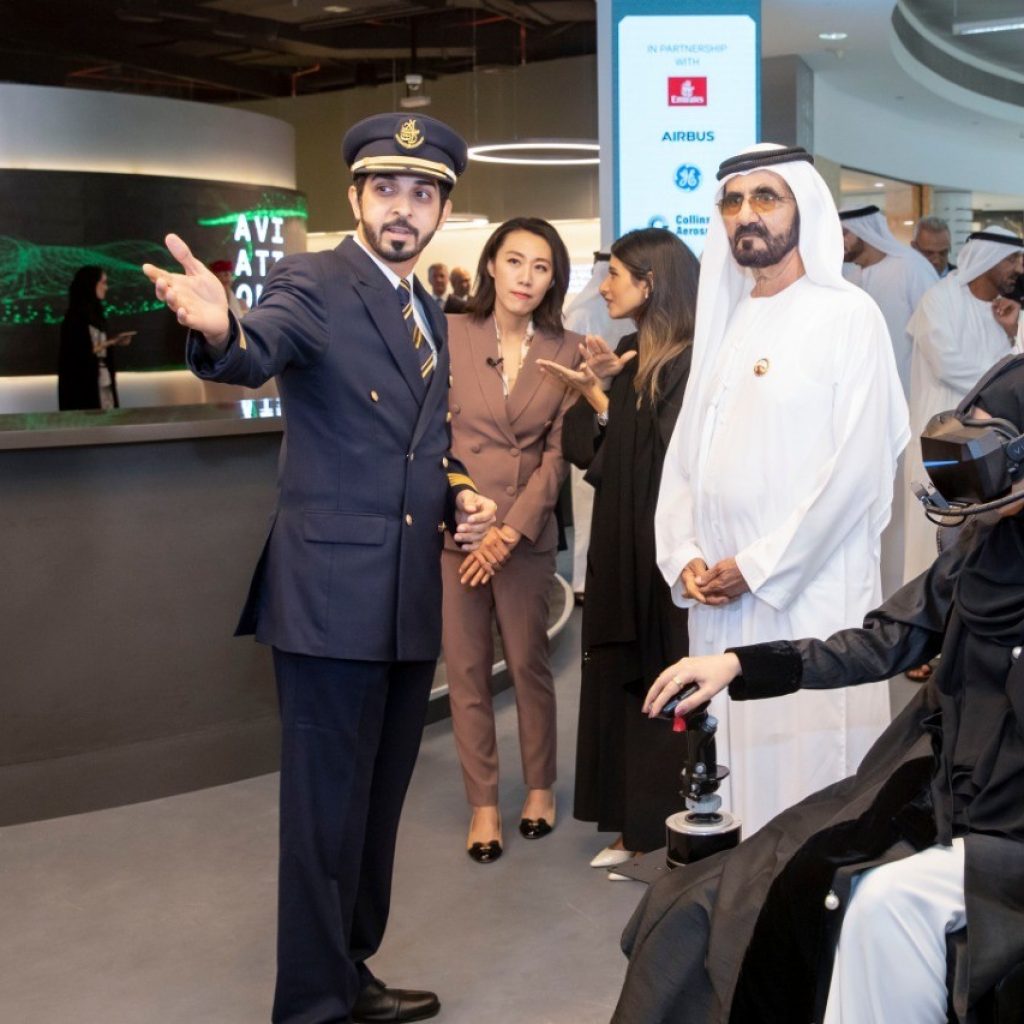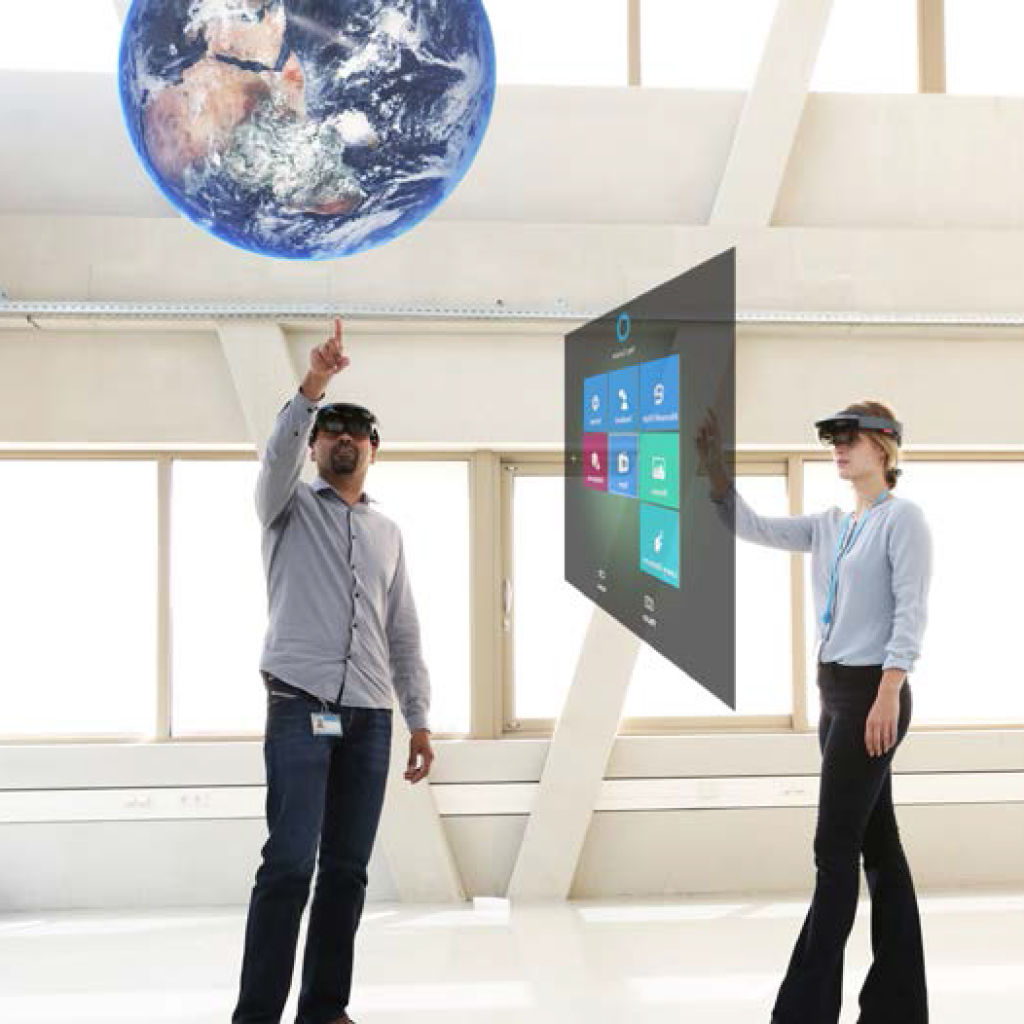Aviation X Lab to Reinvent Next Era of Air Travel
23 January, 2021 | By Frankfinn
Aviation X Lab, the ambitious aviation-specific incubator that brings some of the largest global pioneers under one umbrella, was unveiled at AREA 2071, recently. Aviation X Lab was founded in October 2017 with an MoU signed in the presence of Sheikh Mohammed bin Rashid Al Maktoum, Vice President and Prime Minister of the UAE and Ruler of Dubai. Aviation X Lab establishes a long-term partnership between Emirates and Airbus, Collins Aerospace, GE Aviation and Thales intending to enhance the travel experience. Telecom provider du (company) has signed on as its Digital Innovation Partner.
In partnership with Dubai Future Foundation, Aviation X Lab aims to innovate and create the next era of aviation with its bold vision to positively impact the lives of one billion people.
Sheikh Ahmed bin Saeed Al Maktoum, Chairman and Chief Executive Emirates Airline & Group said, "Aviation is a cornerstone of the UAE's economy, supporting around 800,000 jobs and contributing US$47.4 billion to the economy, which is set to increase nearly three-fold by 2037. Dubai is looking to mitigate the challenges in the aviation ecosystem, and we have a laser-sharp focus on the evolution of technology and innovations that impact the industry, communities, future generations, and our planet. We want to look far beyond aviation as it exists today and embrace the innovations waiting to happen, the next set of Big Ideas in the aviation space. Aviation X Lab will identify, support, fund and make these innovations accessible globally. We aim to transform human mobility."
Aviation X Lab announced it's first-ever challenges with the deadline for submissions set in early 2020:
 Challenge 1 - Carbon Negative Aviation Industry:
Challenge 1 - Carbon Negative Aviation Industry:
Although the aviation industry is responsible for just 2% of the world's carbon emissions, the challenge is based on the premise that airlines produce 115 gm of CO2 per passenger, which is 859 million tonnes of CO2 emissions per year. The challenge is to reduce this by 100gm or 87% to 15gm of CO2 per passenger-km by 2030.
Challenge 2 - Airports to AirPortal's:
While the travel industry is projected to double in the next 15 years, adding 3.4 billion new travellers, the current model of airports is a barrier to passenger growth. The challenge is to rethink the airports' model to achieve metrics of 10 passengers per m2 of airport infrastructure with a 10-minute maximum transition time between landside and airside.
 Aviation X Lab to Reinvent
Aviation X Lab to ReinventAviation X Lab
Aviation X Lab is inviting and reaching out to start-ups, innovators, academics, NGOs, activists, and corporates globally to participate in the challenges. The incubator will select teams and bring them to Dubai to co-create experiment and develop prototypes at their premises in Area 2071. In the next phase, up to four teams will be shortlisted and invited to pitch to investors and venture capitalists for additional funding.
Later CRM models followed similar teachings but also incorporated better overall decision-making skills. Error management became the focus of the more advance CRM training modules. CRM further evolved into teaching pilots risk management strategies, focusing on workload management, recognising hazardous attitudes or patterns, maintaining situational awareness, and communicating effectively in order to operate efficiently and safely in all aspects of flight.
Aviation X Lab is inviting and reaching out to start-ups, innovators, academics, NGOs, activists and corporates globally to participate in the challenges. The incubator will select teams and bring them to Dubai to co-create experiment and develop prototypes at their premises in Area 2071. In the next phase, up to four teams will be shortlisted and invited to pitch to investors and venture capitalists for additional funding.
The opening event witnessed demos of three key products - two from Emirates, and one from Thales.
Emirates demonstrated two ground-breaking solutions incorporating Artificial Intelligence (AI) technology. One supports an important sustainability goal - reducing food waste. The technology provides real-time predictions and recommendations that ensure customers get their first choice in-flight while minimising quantities of unconsumed food. Bahja, an app created by a team of UAE Nationals, incorporates facial recognition technology to help measure employee happiness and provides real-time feedback. The app encourages employees to share their motivations with the user community, contributing to a happier workplace, and therefore happier customers.
Thales showcased how Solo, its virtual assistant powered by Thales True AI (Transparent, Understandable, and Ethical AI), could help increase safety and support the pilot in every decisive moment during flight. In the demo, Solo leveraged every available data to permanently provide the crew with the most efficient trajectory to optimise flight efficiency and passenger comfort.
Aviation X Lab will work in cycles of 12 months with five key active phases: launching challenges; sourcing start-ups globally; validating concepts; exploring rapid feasibility, and sourcing funding. Through this journey, X Lab will offer hands-on logistics support, research, resources, peer feedback, mentorship, and close collaboration to bring a change in the aviation ecosystem.



